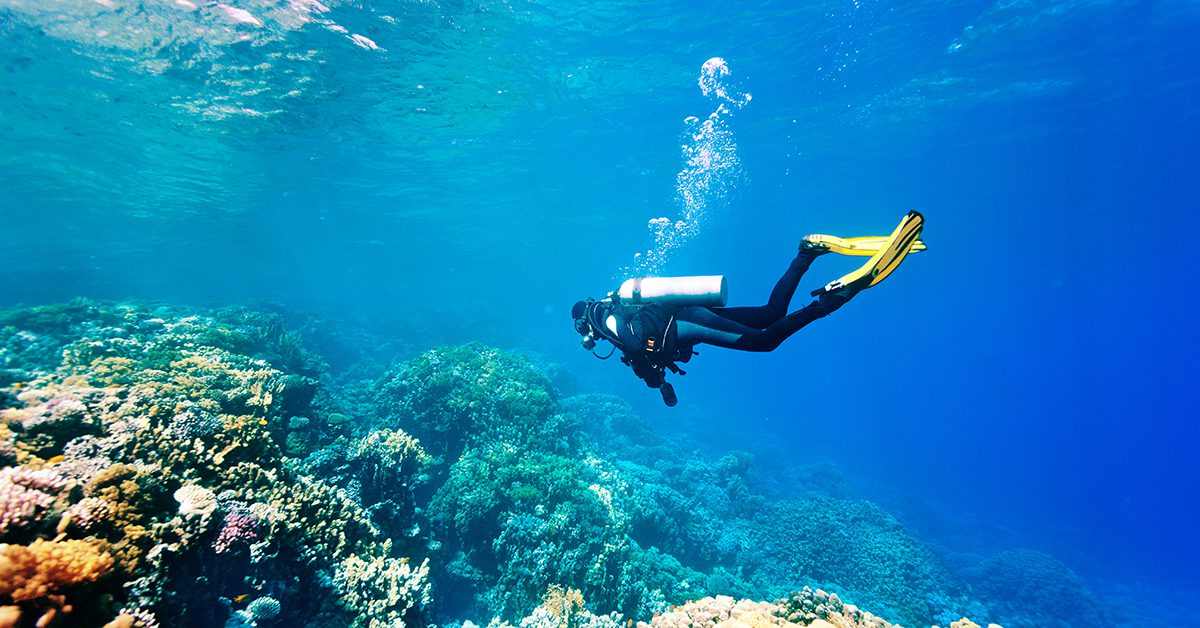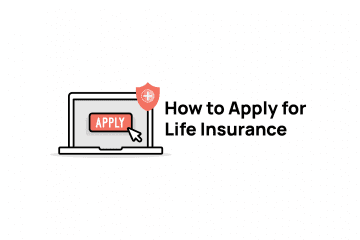Scuba diving is perceived as a high risk activity by many life insurance companies. How can you avoid or mitigate their concern?
The answer is that maybe you can’t completely avoid the concern of life insurance companies. However you can be better prepared for what to expect as a scuba diver applying for life insurance.
What Scuba Divers can expect during the life insurance application process
First, you should expect an additional questionnaire. There’s no need to be concerned about this, the questionnaire is simply the life insurance company asking for information so that they may properly evaluate their risk.
The questionnaire varies by life insurance company, however generally you will be asked at a minimum the following information for the last 12-24 months and plans for the next 24 months:
- type of diving (recreational, professional, cave, etc)
- a complete list of all equipment used
- depth of dives, and maximum dives
- any certifications
- whether you dive alone
The life insurance company needs to properly evaluate your scuba diving risk, so it’s extremely important that you provide as much detail about your activities as possible. While this would seem counterproductive, one of the ways I’ve occasionally had additional life insurance ratings removed or lowered has been by providing more information, not less. In other words, it’s not just honest and forthright, but complete details as well.
The results
You should expect some type of extra rating on your policy if you are a scuba diver purchasing life insurance. While divers would suggest it’s a low risk activity (and perhaps it is), the insurance companies are taking large volumes of low probability risk. As an example, lets say a group of 100,000 non-divers would have 2 people pass away in the next 20 years, and the life insurance company prices based on this number. Now lets assume a 100,000 divers would have 2 fatalities related to diving over the next 20 years. As consumers, we would suggest that 2 diver fatalities out of 100,000 divers over 20 years is inconsequential. However the life insurance company sees 2 natural deaths plus two deaths due to diving – and that translates into 4 deaths over the next 20 years. For the insurance company they are paying twice as many death benefits. Clearly, that has to translate into roughly twice the premium as well. My numbers are fictional, however it should be clear that even activities that are perceived as low risk (and are low risk) can still result in the requirement of a higher premium.
By contrast, if you undertake in high risk activities, you may actually be declined. If your mortality risk due to activities is four to 5 times higher than standard the insurance companies will normally decline coverage. The reason is simple; consumers are unwilling to pay for life insurance that is four to 5 times higher than standard premiums.
Actions available for Scuba Diver’s seeking Life Insurance
On some mild recreational dives, there’s some possibility of receiving standard premiums. However for most diving activity you should expect some additional premiums/rating.
The exact rating requires an insurance company application and review by an underwriter to receive an estimate (basically, you need to apply to see what the ratings are). At opposite ends of the spectrum are a professional diver who uses an air line to the surface and dives only about 25 feet. Such activity may qualify for standard rates. An offshore oil rig diver may see a highly rated premium to a decline. And divers may receive premiums anywhere between those two.
An alternative is an exemption on your life insurance policy. Not all companies will offer this, however some number of companies will provide you with a policy that has no rating of premiums but has a clause that does not provide for coverage while scuba diving. Such an exclusion is only available to recreational divers, not professionals.
If you started scuba diving after your policy is issued
As long as you answered all questions during the life insurance application fully and truthfully, the life insurance company cannot change your policy based on future changes to your activity. Lets say you purchased a life insurance policy 20 years ago when you had never dove and had no intentions of diving. Fast forward 20 years and you’re in the Caribbean at your daughter’s wedding. You decide to do a bit of scuba diving for the first time, and die as a result. In this case, your life insurance policy would be valid and in force. (By contrast, if you’d skimped on the details about diving when you purchased your policy, the life insurance company can quite possibly deny the claim.)
In the end, diving is complex enough that every instance must be treated individually. If you would like further details or guidance, please contact our office at 1-877-344-4011. We’ll step you through the process, and advise you on companies and options available.




